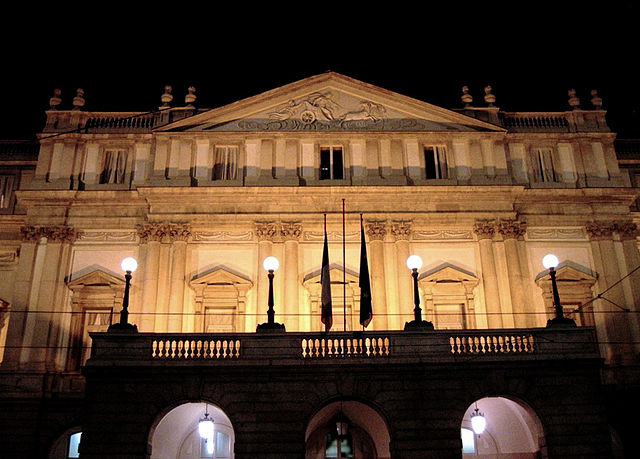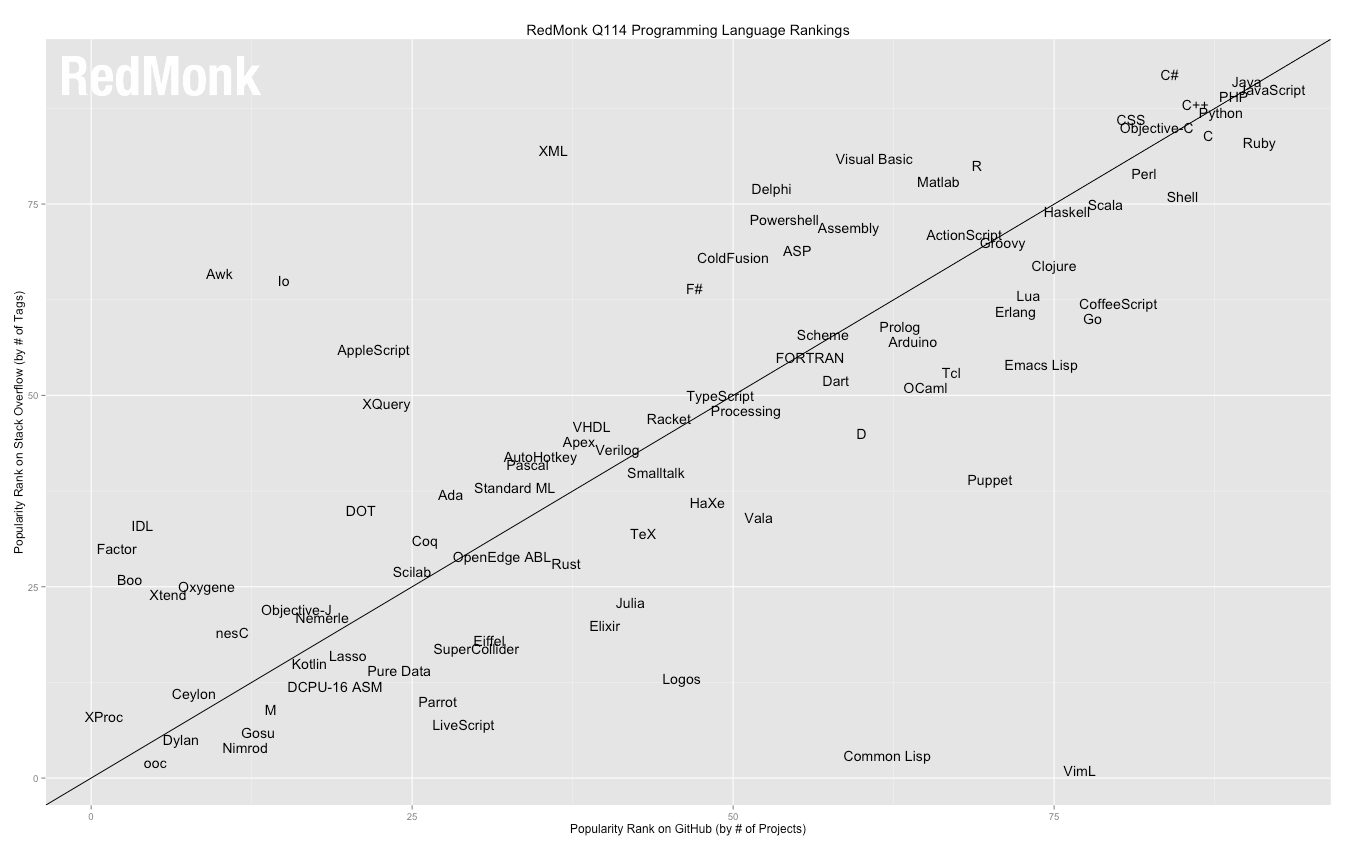
1. About Scala
“Scala is an object-functional programming and scripting language for general software applications, statically typed, designed to concisely express solutions in an elegant, type-safe and lightweight (low ceremonial) manner. Scala has full support for functional programming (including currying, pattern matching, algebraic data types, lazy evaluation, tail recursion, immutability, etc.). It cleans up what are often considered poor design decisions in Java (such as type erasure, checked exceptions, the non-unified type system) and adds a number of other features designed to allow cleaner, more concise and more expressive code to be written.” [ScalaWikipedia]
Scala has no connection to La Scala or Teatro all Scala (the world renowned opera house in Milan), but we (especially Dr. Thiruvathukal) love the name because it addresses the traditions of programming languages and scalable computing, while La Scala is the title of one of his favorite jazz piano albums by Keith Jarrett, who often names his concerts by the venues where he performs. [LaScalaConcert]
We’d like to think that the Scala language represents the design ideal of being “small and beautiful” but also great for computer science and practical problem solving. We hope you agree!

Source is Wikimedia Commons [LaScala]
1.1. Why Scala?
1.1.1. Redmonk Language Rankings

Scala is ranked 13 on this year’s listing. This comes courtesy of [RedmonkPL]
1.1.2. Technology Radar
Thoughtworks maintains a resource known as the Technology Radar [TWTechRadar]. Four classifications:
- Adopt
- Trial
- Assess
- Hold
Scala is listed under Adopt.
1.1.3. Language Complexity
See presentation for now, http://goo.gl/Q68fA.
| [RedmonkPL] | Redmonk Programming Language Rankings, http://redmonk.com/sogrady/2014/01/22/language-rankings-1-14/ |
| [ScalaWikipedia] | Scala Programming Language, Wikipedia, http://en.wikipedia.org/wiki/Scala_(programming_language) |
| [LaScala] | La Scala, Wikimedia Commons, http://en.wikipedia.org/wiki/File:Milano-scalanotte_e.jpg |
| [LaScalaConcert] | Keith Jarrett, http://en.wikipedia.org/wiki/La_Scala_(album)` |